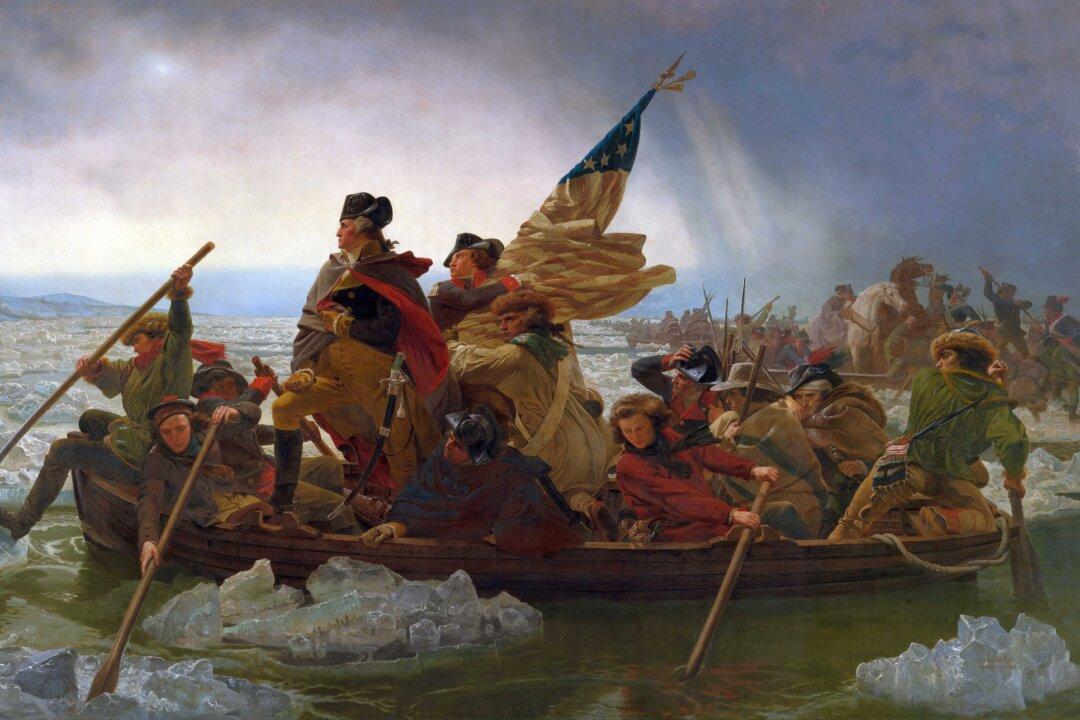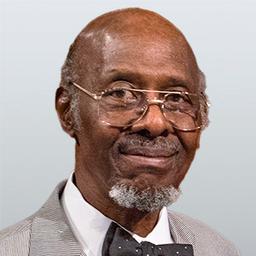Commentary
As George Washington’s first presidential administration, the first term of government under the United States Constitution, neared its end in 1793, the president found himself confronting a form of populism antithetical to stable politics in a republic. The situation emerged from the turbulent development of highly polarized partisan politics, along with efforts by France’s revolutionary government to interfere in American elections and in the expression of public opinion. In this context, there was an explosion in the formation of “democratic societies”—“so-called” democratic societies, Washington termed them—that sought to capitalize on the idea of popular sovereignty as an instrument to influence and shape government policy.

